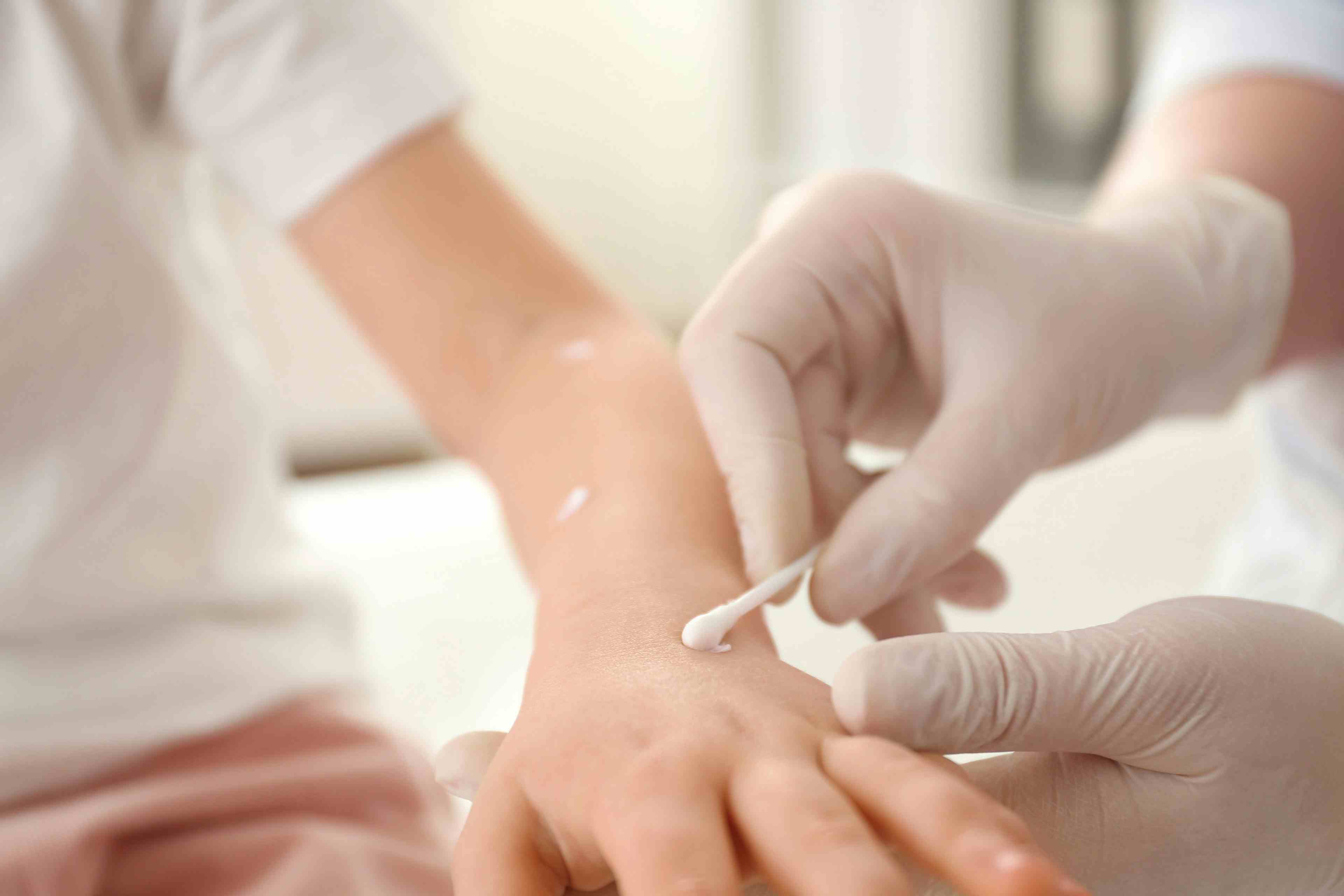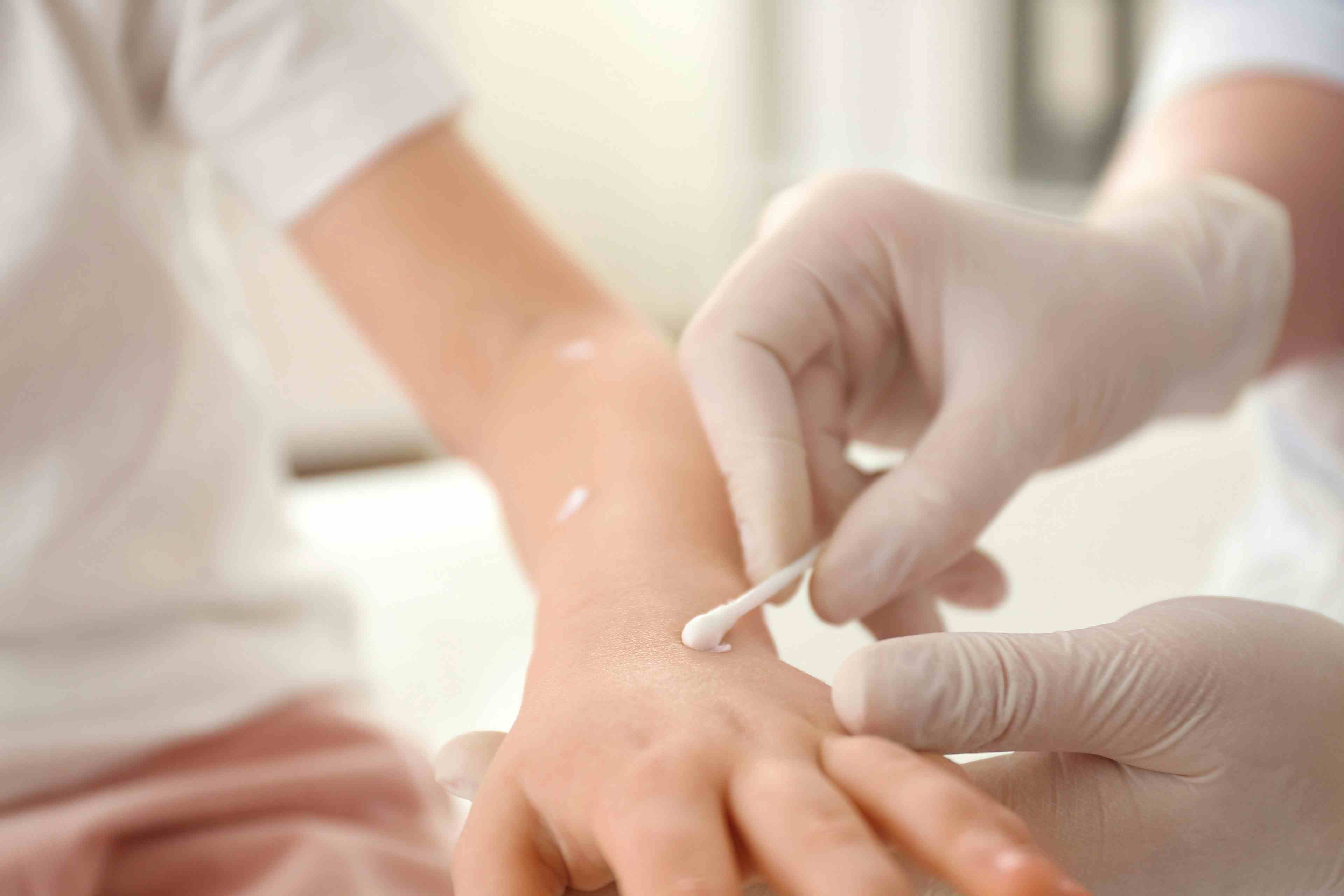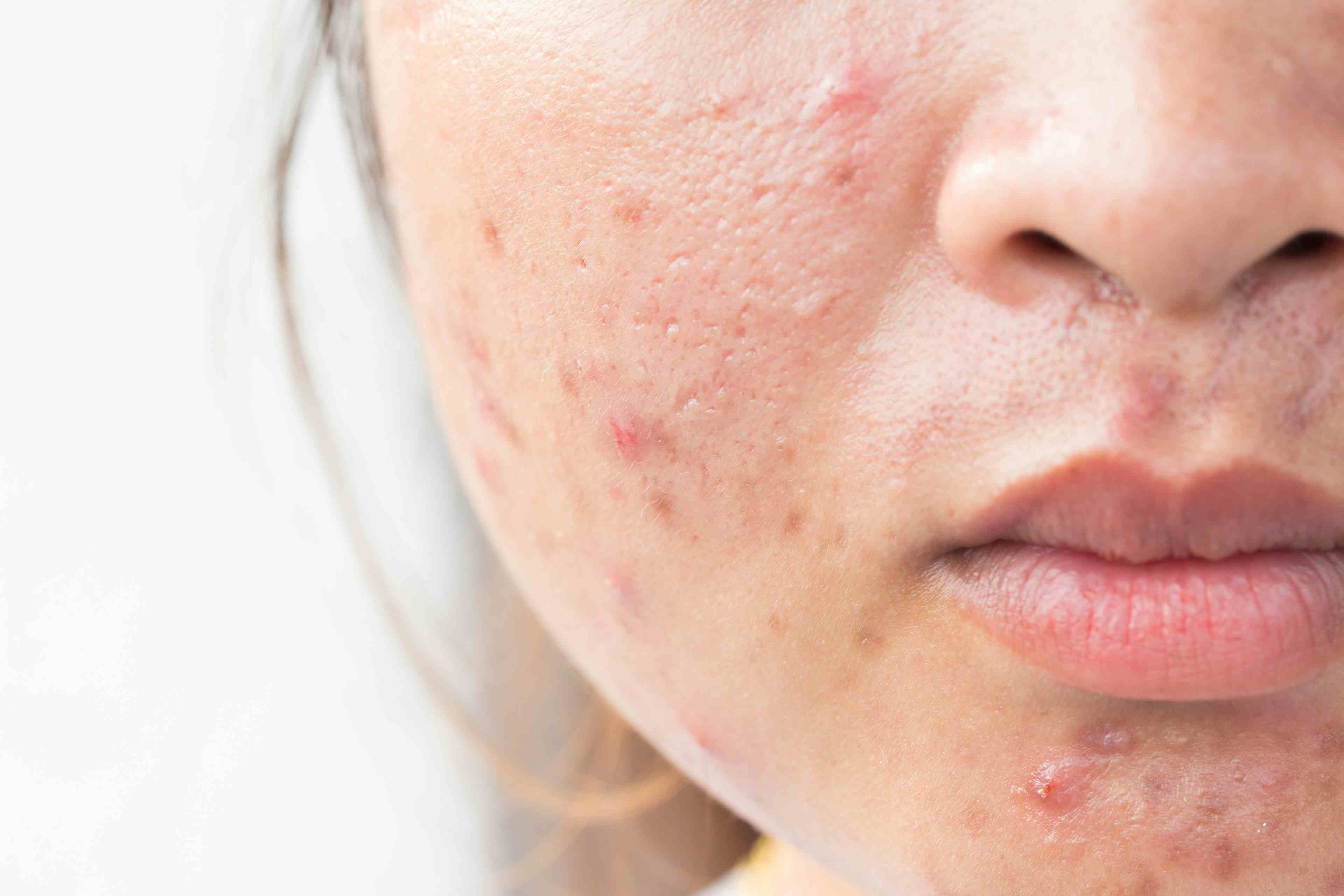- Acne
- Actinic Keratosis
- Aesthetics
- Alopecia
- Atopic Dermatitis
- Buy-and-Bill
- COVID-19
- Case-Based Roundtable
- Chronic Hand Eczema
- Chronic Spontaneous Urticaria
- Drug Watch
- Eczema
- General Dermatology
- Hidradenitis Suppurativa
- Melasma
- NP and PA
- Pediatric Dermatology
- Pigmentary Disorders
- Practice Management
- Precision Medicine and Biologics
- Prurigo Nodularis
- Psoriasis
- Psoriatic Arthritis
- Rare Disease
- Rosacea
- Skin Cancer
- Vitiligo
- Wound Care
Article
British study finds Roaccutane treatment causes depression-like symptoms in mice
Bath, England - In the wake of claims that severe-acne treatment Roaccutane has caused depression and suicide in patients since its introduction in 1982, researchers at the University of Bath have tested the medication and found the claims may have merit.
Bath, England - In the wake of claims that severe-acne treatment Roaccutane has caused depression and suicide in patients since its introduction in 1982, researchers at the University of Bath have tested the medication and found the claims may have merit.
The University of Bath study, done in conjunction with the University of Texas and published in a recent issue of Neuropsychopharmacology, involved administering Roaccutane to adolescent mice over a six-week period and monitoring the animals’ behavior. The researchers found that while there was no change in their physical abilities, the mice spent significantly more time immobile in a range of laboratory assessments designed to measure stress levels. This was interpreted as a sign that the animals were exhibiting signs of depression.
The study noted that more research is needed to determine if the same link applies to people who take the drug, but that “establishing a link between the active molecules within the drug and a change in depression-related behavior, albeit in mice, is an important step forward in our understanding of the effects of this drug in the wider context of brain function.”
The drug’s maker, Roche, includes a warning about depression on its labels. Roche issued a statement welcoming the research, but added that a small study involving mice was not necessarily indicative of similar effects in humans.
Newsletter
Like what you’re reading? Subscribe to Dermatology Times for weekly updates on therapies, innovations, and real-world practice tips.
















